Table of Contents
In the ever-evolving landscape of the hospitality industry, staying ahead of hospitality tech trends is crucial for success. As we navigate through 2024, the convergence of innovative technologies and shifting guest expectations is reshaping how hotels operate and deliver exceptional guest experiences. This comprehensive guide explores the cutting-edge hospitality tech trends that are transforming the industry, from AI-driven personalization to IoT-enabled smart rooms.
The Evolving Hospitality Landscape
The global hospitality industry has undergone a significant transformation in recent years, catalyzed by the challenges posed by the COVID-19 pandemic. According to the Hospitality Global Market Report 2023 by the Business Research Company, the market grew from $4,390.59 billion in 2022 to $4,699.57 billion in 2023, with a projected growth to $5,816.66 billion in 2024. This resurgence is marked by a reduction in travel restrictions and a surge in tourists eager to explore the world anew.
As the industry rebounds, luxury hotels are demonstrating agility in responding to changed traveler preferences, emphasizing safety, efficiency, and bespoke guest experiences. This new focus has propelled the industry towards rapid adoption of technological advancements aimed at streamlining business operations, freeing up staff, and greatly augmenting revenue streams.
Hotels must embrace change and technological upgrades
Azhar Umar, Founder & CEO at Zarnik.com
Key Drivers of Change in Hospitality
Several factors are driving the need for technological upgrades in the hospitality sector:
- Changing Guest Expectations: Modern travelers seek much more than just a comfortable bed; they crave experiences that align with their individual personalities and a seamless, technology-enhanced stay.
- Gen Z and Millennial Influence: The entry of Generation Z and millennials into decision-making roles within the industry is ushering in a tech-savvy approach to luxury properties.
- Labor Shortages: Hotels are looking to alleviate labor shortages through automation and AI-powered solutions.
- Competitive Advantage: In a hyper-competitive market, technological advancements help hotels set themselves apart and attract tech-savvy guests.
- Sustainability Focus: There’s a growing emphasis on eco-friendly practices and green technologies in hotel operations.
Emerging Hospitality Tech Trends
1. Artificial Intelligence (AI) and Machine Learning (ML)
AI and ML are revolutionizing various aspects of hotel operations and guest experiences:
- Personalized Recommendations: AI analyzes guest preferences to provide tailored services and recommendations. For example, Marriott International uses AI to analyze customer preferences, resulting in improved guest satisfaction.
- Chatbots and Virtual Assistants: AI-powered chatbots handle customer inquiries, streamline reservations, and provide 24/7 support.
- Predictive Analytics: Hotels use AI to forecast demand, optimize pricing strategies, and improve inventory management.
- Energy Management: AI systems optimize energy consumption in hotel rooms, reducing costs and environmental impact.
Raymond Boyle, Hyatt Hotels Corporation’s Vice President of Data and Analytics, emphasizes the importance of AI and ML in personalizing guest experiences: “Strategically, what we’re in the business to do is advance care — Hyatt is all about care — through data-driven decisions. So, it’s about making sure the company is data-centered and driven in the way they manage, lead and guide the development of the organization.”
2. Internet of Things (IoT)
IoT technology is transforming hotel rooms into smart, connected spaces:
- Smart Room Controls: Guests can control lighting, temperature, and entertainment options through mobile apps or voice commands.
- Predictive Maintenance: IoT sensors monitor equipment performance, allowing for proactive maintenance and reducing downtime.
- Asset Tracking: RFID tags and IoT sensors help hotels track and manage inventory more efficiently.
- Personalized Room Settings: IoT devices remember guest preferences, automatically adjusting room settings for repeat visitors.
3. Augmented Reality (AR) and Virtual Reality (VR)
AR and VR technologies are enhancing guest experiences and marketing efforts:
- Virtual Hotel Tours: Potential guests can explore hotel amenities and rooms through immersive VR experiences. Hilton, for instance, employs VR to showcase hotel amenities and room features to potential guests.
- AR-Enhanced Guest Information: Guests can use AR apps to access information about hotel services, local attractions, and navigation within the property.
- Training and Development: VR is being used for employee training, providing immersive learning experiences for staff.
4. Contactless Technologies
The pandemic has accelerated the adoption of contactless solutions:
- Mobile Check-In/Check-Out: Guests can bypass the front desk entirely, using their smartphones for a seamless arrival and departure experience.
- Keyless Entry: Digital room keys accessible through mobile apps are replacing traditional key cards.
- Contactless Payments: Integration of various digital payment methods allows for touch-free transactions throughout the hotel.
5. Robotics and Automation
Robots are increasingly being deployed in hotels for various tasks:
- Concierge Services: Robotic concierges assist guests with information and simple tasks. The Yotel chain utilizes robotic concierges for luggage handling and check-in, reducing operational costs and improving efficiency.
- Room Service: Delivery robots bring items to guest rooms, enhancing efficiency and reducing human contact.
- Cleaning and Sanitization: Robotic cleaners assist in maintaining cleanliness and hygiene standards.
6. Big Data Analytics
Hotels are leveraging big data to gain insights and improve operations:
- Guest Profiling: Analysis of guest data helps create detailed profiles, enabling personalized services and targeted marketing.
- Revenue Management: Big data analytics optimize pricing strategies based on demand forecasts and market trends.
- Operational Efficiency: Data-driven insights help streamline operations, from staffing to inventory management.
7. Blockchain Technology
Blockchain is enhancing security and transparency in hotel operations:
- Secure Transactions: Blockchain ensures secure and transparent financial transactions.
- Identity Verification: Blockchain-based systems streamline guest identification processes.
- Loyalty Programs: Blockchain technology is being used to create more secure and flexible loyalty programs.
AavGo, for example, is using blockchain to enhance hotel security by securing guest information, ensuring data integrity, and preventing unauthorized access.
8. Sustainable Technologies
Eco-friendly technologies are becoming increasingly important:
- Energy-Efficient Systems: Smart HVAC systems and energy management solutions reduce energy consumption.
- Water Conservation: IoT-enabled systems monitor and optimize water usage throughout the property.
- Waste Reduction: Technology-driven solutions help hotels minimize waste and improve recycling efforts.
9. Cloud Computing
Cloud solutions are enabling seamless operations and data access:
- Property Management Systems (PMS): Cloud-based PMS solutions offer centralized management of hotel operations. Oracle Hospitality’s Opera Cloud SaaS solution assists hotels in efficiently managing bookings, check-ins, and billing processes.
- Data Accessibility: Cloud computing enables real-time access to data across different hotel departments and properties.
- Scalability: Cloud solutions allow hotels to easily scale their IT infrastructure as needed.
The global hotel chain Accor uses cloud solutions to centralize reservation systems, providing real-time information and enhancing overall operational efficiency.
Implementing Hospitality Technology Trends: Best Practices
To successfully implement these hospitality tech trends, hotels should consider the following best practices:
- Prioritize Guest Experience: Always focus on how technology can enhance the guest experience rather than implementing tech for its own sake.
- Invest in Staff Training: Ensure that staff are well-trained in using new technologies to provide seamless service.
- Balance Technology and Human Touch: While embracing technology, maintain the personal touch that is crucial in hospitality.
- Ensure Data Security: With increased use of technology comes the need for robust cybersecurity measures to protect guest data.
- Stay Agile: The technology landscape is constantly evolving. Adopt an agile approach to technology implementation, allowing for quick adjustments based on guest feedback and emerging trends.
- Integrate Systems: Ensure that new technologies integrate well with existing systems for smooth operations.
- Consider Sustainability: When implementing new technologies, consider their environmental impact and opt for sustainable solutions where possible.
The Future of Hospitality Technology
As we look towards the future, the hospitality industry will continue to be shaped by technological advancements. The successful hotels of tomorrow will be those that seamlessly blend cutting-edge technology with the timeless essence of hospitality, creating a harmonious balance between innovation and human experience.
The convergence of AI, IoT, big data, and other emerging technologies will lead to even more personalized and efficient guest experiences. We can expect to see further developments in areas such as:
- Biometric Authentication: Facial recognition and other biometric technologies for seamless check-in and access control.
- Advanced Voice Control: More sophisticated voice-activated room controls and virtual assistants.
- Predictive Services: AI systems that anticipate guest needs before they even arise.
- Immersive Experiences: More extensive use of AR and VR for both in-room entertainment and marketing purposes.
- Sustainable Innovations: Continued focus on eco-friendly technologies to meet growing environmental concerns.
Conclusion
The hospitality industry stands at the forefront of a technological revolution. By embracing these hospitality technology trends, hotels can not only meet but exceed the evolving expectations of modern travelers. From AI-driven personalization to IoT-enabled smart rooms, these innovations are reshaping the very essence of hospitality.
As we navigate through 2024 and beyond, the key to success lies in striking the perfect balance between technological advancement and the human touch that defines true hospitality. Hotels that can seamlessly integrate these cutting-edge technologies while maintaining the warmth and personal care that guests cherish will be well-positioned to thrive in this new era of hospitality.
The future of hospitality is here, and it’s more exciting, efficient, and guest-centric than ever before. Are you ready to embrace the change?
To dive deeper into these hospitality technology trends and gain more insights, we recommend downloading the comprehensive “2024 Hospitality Technology Trends: Innovations Reshaping the Hotel Industry” report. This essential guide explores the technology trends hoteliers must adopt to thrive in today’s competitive hospitality environment. It covers topics such as meeting guests’ great expectations, the impact of Generation Z on the industry, and the importance of balancing high-tech solutions with the human touch.
Download the 2024 Hospitality Technology Trends report
By staying informed and adapting to these emerging trends, you can ensure that your hotel remains at the forefront of innovation, delivering exceptional experiences that keep guests coming back time and time again.
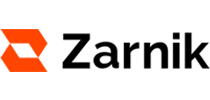
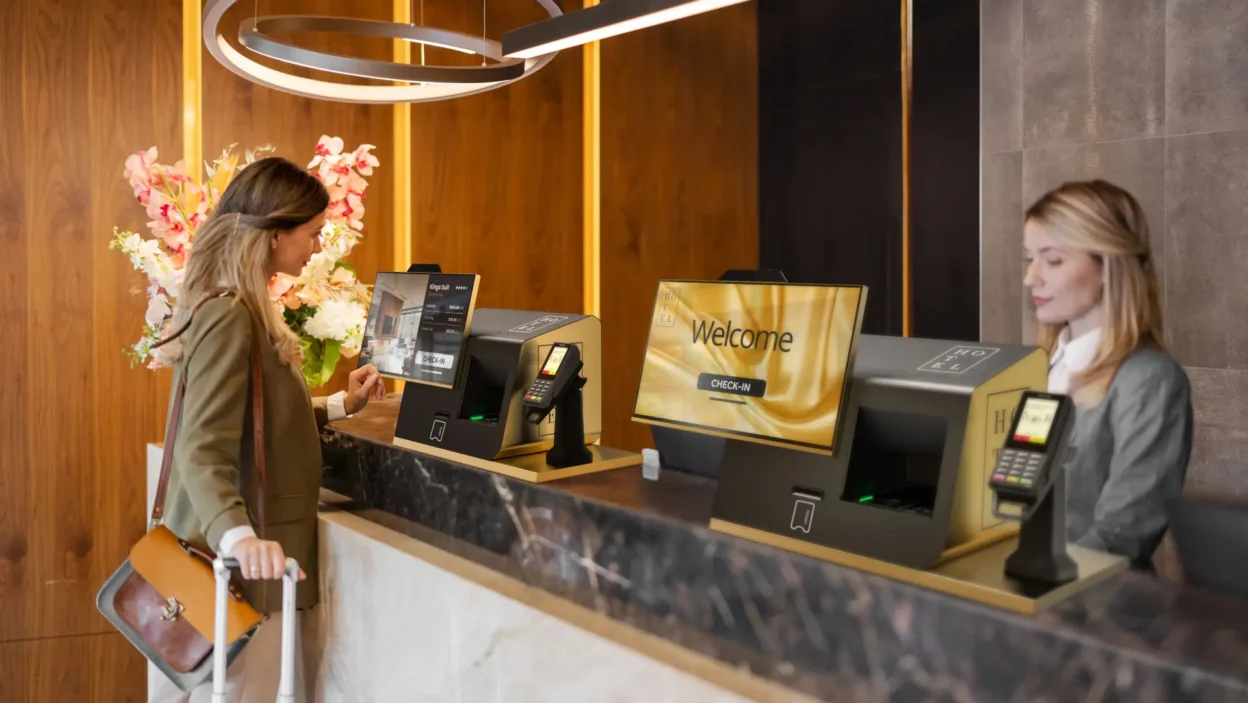
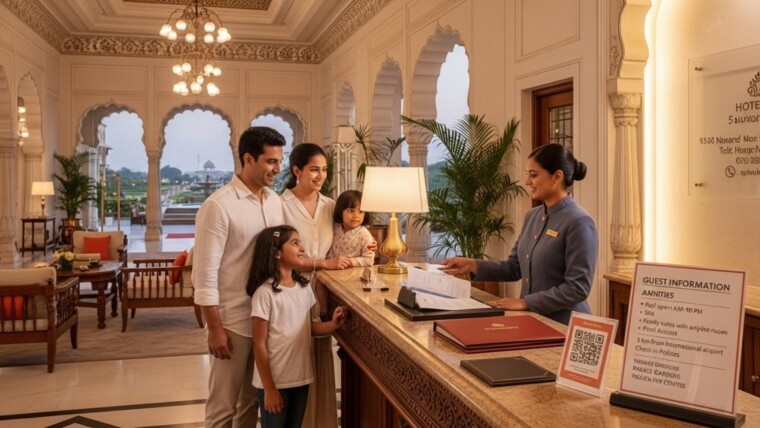

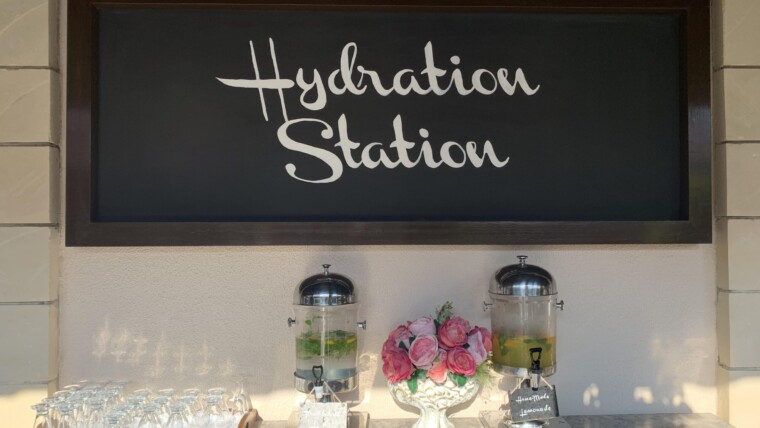


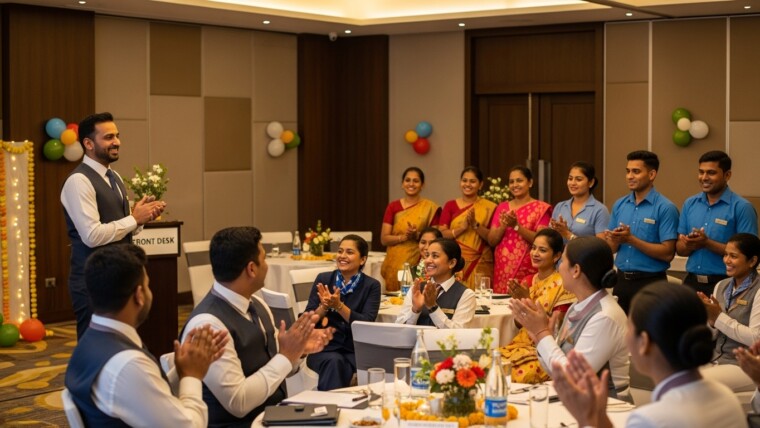
Essential Diversey Chemicals: A Guide for R1 to R9 TASKI Series
How to Respond to Guest Reviews with 10 Samples
Top OTAs in India: Complete 2024 Guide for Hoteliers
Different Types of Paper Napkins for Restaurants
Guest Reviews: The Hidden Force Behind Bookings